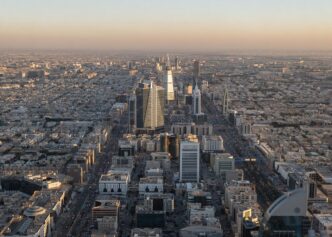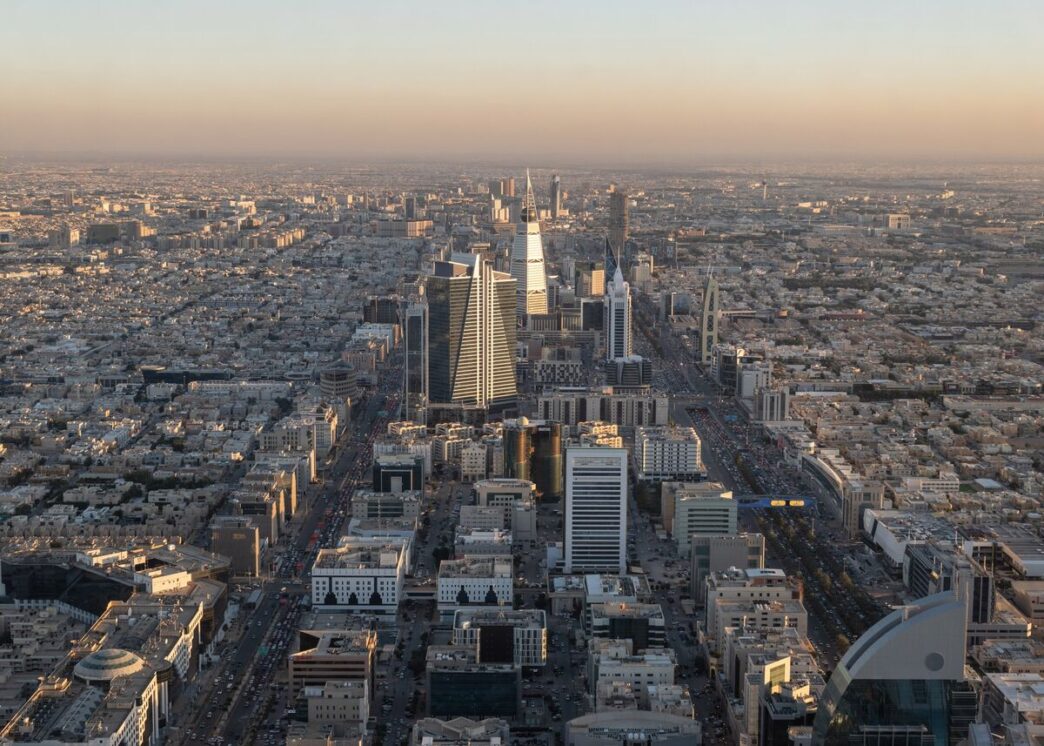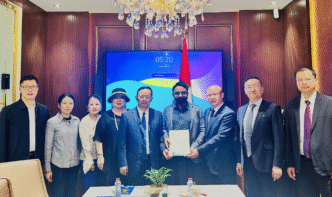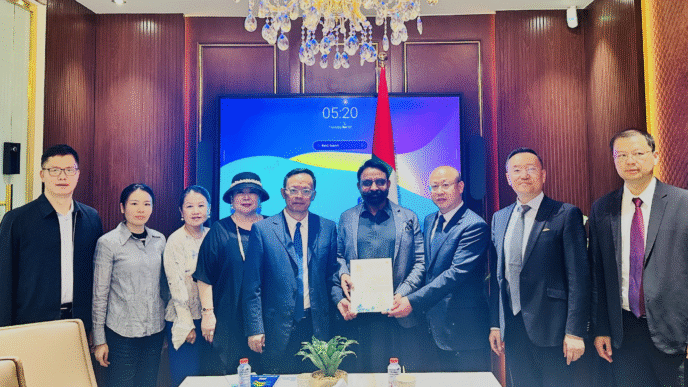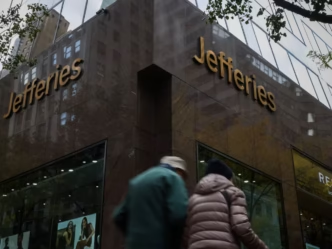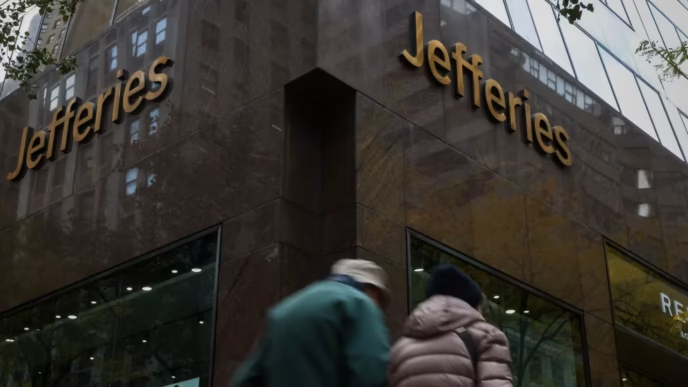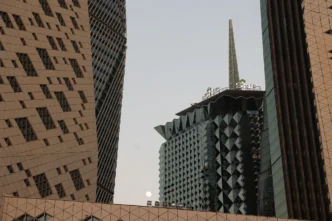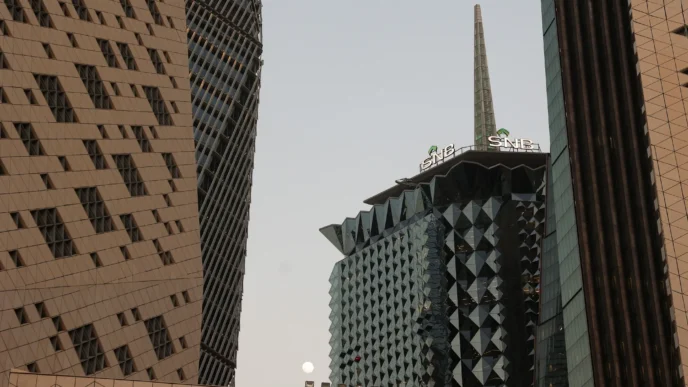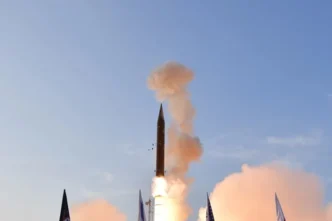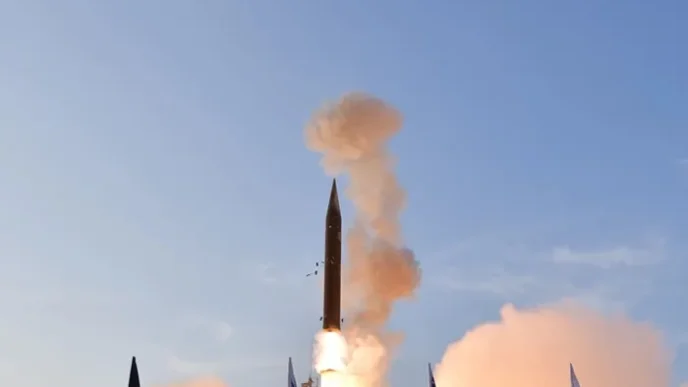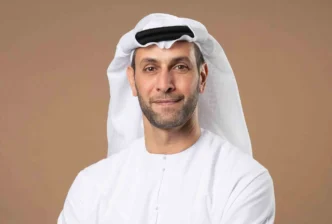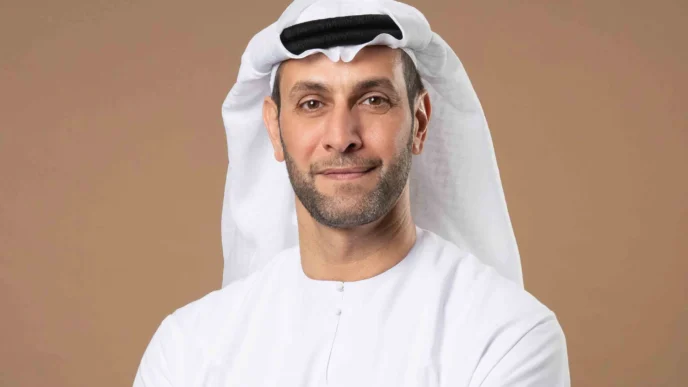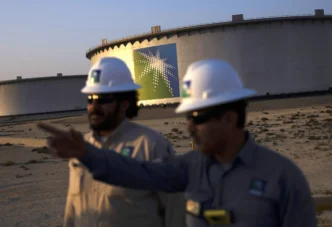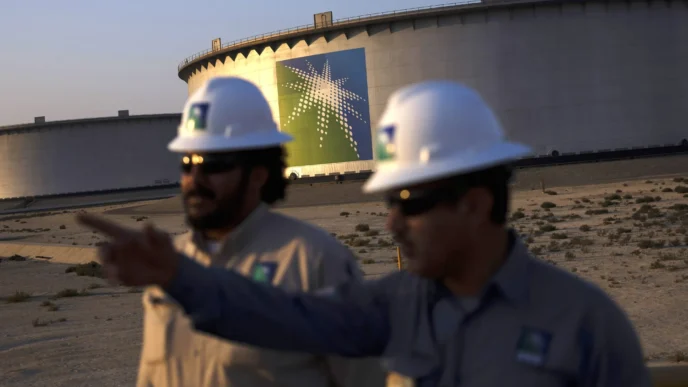Saudi Arabia’s Public Investment Fund (PIF) has executed a significant divestment, selling a portion of its stake in a major Mecca real estate developer for approximately $253 million. The sale represents more than a routine portfolio adjustment—it is the latest illustration of PIF’s evolving strategy to broaden Saudi Arabia’s capital markets, deepen liquidity, and promote private-sector participation across the kingdom’s rapidly expanding financial ecosystem.
Known globally for its bold investments in technology, sports, and international infrastructure, PIF is equally influential domestically. Over the past several years, the fund has transformed from a traditional sovereign vehicle into one of the world’s most active and strategically driven investment institutions. Its rapid growth and assertive capital deployment have reshaped Saudi Arabia’s economic landscape, aligning tightly with Vision 2030, the kingdom’s long-term diversification and modernization agenda.
The latest sale of Mecca developer shares highlights a new chapter in this strategy—one defined not only by large-scale acquisitions, but also by targeted divestments designed to catalyze market maturity and corporate independence.
A Strategic Divestment With Symbolic and Economic Significance
At first glance, PIF’s $253 million sale might appear modest compared to its multibillion-dollar global deals. Yet its significance lies in context, not scale. The developer involved plays a crucial role in the real estate and hospitality sectors of Mecca, one of the most important cities in the Islamic world and a focal point of Saudi Arabia’s tourism strategy.
For decades, development in Mecca was concentrated within a select circle of government-linked entities. By selling shares into the public market, PIF is:
- encouraging more diverse ownership,
- supporting greater liquidity on the Tadawul stock exchange,
- and creating opportunities for institutional and retail investors to participate in sectors historically dominated by state influence.
The move aligns with a deliberate effort to increase private-sector activity while gradually reducing PIF’s direct control over certain domestic assets.
Deepening the Kingdom’s Capital Markets: PIF’s Emerging Role
Saudi Arabia’s capital markets have undergone a dramatic transformation in recent years, and PIF has been the engine behind much of that change.
1. Enhancing Market Liquidity
By listing assets, selling stakes, and encouraging broader ownership, PIF has helped the Saudi stock exchange (Tadawul) become one of the largest and most liquid markets in the Middle East.
2. Attracting Foreign Investors
Major PIF-backed IPOs—such as Saudi Aramco, ACWA Power, and STC subsidiaries—have attracted billions in global capital, elevating Riyadh’s profile among international investment hubs.
3. Diversifying the Investor Base
More retail participation, a growing domestic institutional sector, and increased passive inflows from global index inclusions are all the result of reforms PIF has helped drive.
4. Encouraging Corporate Governance Reform
By preparing state-linked companies for public listing or divestment, PIF pushes them toward greater transparency, efficiency, and accountability.
The Mecca developer sale fits neatly within this broader mandate. It signals that PIF is not only an accumulator of assets, but also a curator, willing to rebalance its portfolio in ways that serve the kingdom’s financial architecture.
Why Mecca Real Estate Is a Strategic Sector
Real estate development in Mecca is unlike any other in the region. The city hosts millions of pilgrims annually, creating a constant need for:
- hospitality infrastructure,
- residential accommodation,
- transportation hubs,
- logistics networks,
- and integrated urban development.
As Saudi Arabia expands its tourism ambitions and prepares for future mega-projects—part of Vision 2030’s plan to attract 30 million pilgrims annually—the Mecca development sector is gaining increased strategic importance. Private and international investors are eager to gain exposure, but the landscape remains sensitive and tightly managed.
PIF’s partial exit signals confidence that the sector is mature enough to attract broader participation without compromising developmental priorities.
From Builder to Enabler: PIF’s Evolving Identity
In the early stages of Vision 2030, PIF was tasked with driving development directly. It acquired stakes, built mega-projects, launched new companies, and invested heavily in domestic sectors lacking private capacity. That phase required concentrated ownership and aggressive capital deployment.
Today, PIF’s mandate is transitioning. Instead of building everything itself, it is increasingly becoming an enabler—stimulating markets through:
- strategic listings,
- targeted sales,
- capital recycling,
- and partnerships with the private sector.
Divesting part of its Mecca developer stake exemplifies this strategy shift. It frees up capital for new initiatives, broadens the company’s investor base, and reinforces the credibility of Saudi Arabia’s maturing financial markets.
Capital Recycling: Fuel for PIF’s Global and Domestic Ambitions
A sale of $253 million may seem small relative to PIF’s trillion-dollar ambitions, but capital recycling is a core component of its strategy. By divesting select assets at the right time, PIF can redeploy funds into priority areas such as:
- NEOM’s futuristic developments,
- tourism megaprojects like Qiddiya and Red Sea Global,
- renewable energy initiatives,
- electric vehicle manufacturing,
- advanced technology and AI infrastructure.
These sectors require continuous investment, and partial exits help PIF maintain liquidity while keeping the overall ecosystem dynamic.
Investor Sentiment: A Signal of Market Maturity
Early market reactions suggest that investors view the sale positively. The transaction is seen as confirmation that:
- the Saudi market is becoming deeper and more liquid,
- state-linked firms are transitioning toward more open ownership structures,
- and PIF is committed to sustainable long-term market development.
For foreign investors, the move underscores a critical message: Saudi Arabia is not only attracting capital—it is reshaping its markets to function more like advanced global financial centers.
Conclusion: A Small Sale With Big Implications
PIF’s $253 million divestment in a Mecca developer may seem like a minor portfolio adjustment, but its implications reach far beyond the headline number. It reflects a strategic evolution in how Saudi Arabia manages its most influential financial institution and signals growing sophistication in the kingdom’s capital markets.
The sale is a reminder that Vision 2030 is not only about building shiny new cities and megaprojects—it is also about deep structural reform, modern market dynamics, and creating an environment where private capital can thrive.
In selling shares today, PIF is laying the groundwork for a more vibrant, inclusive, and globally connected financial future for Saudi Arabia.


